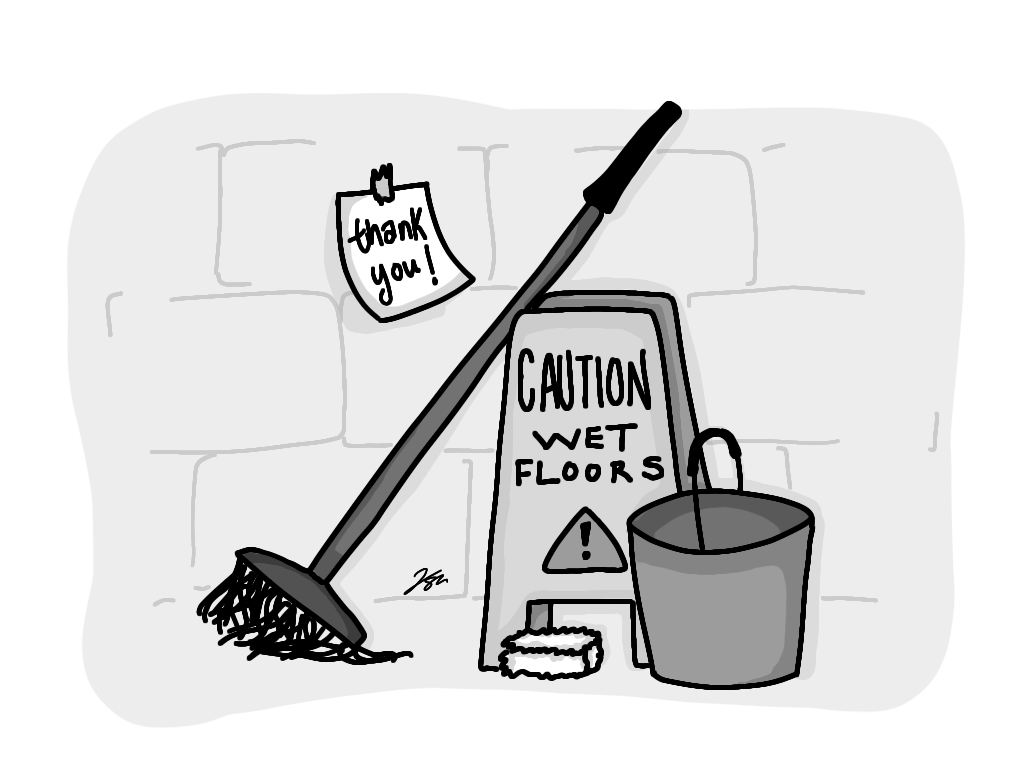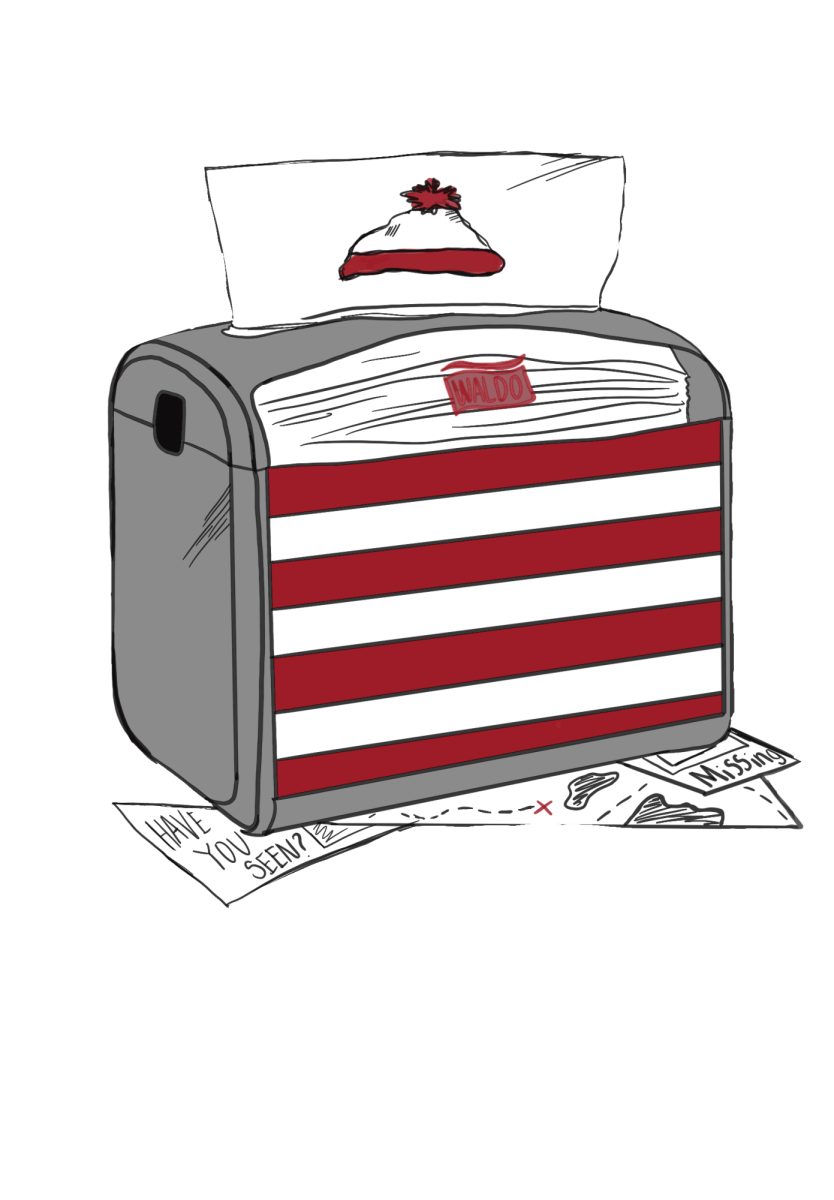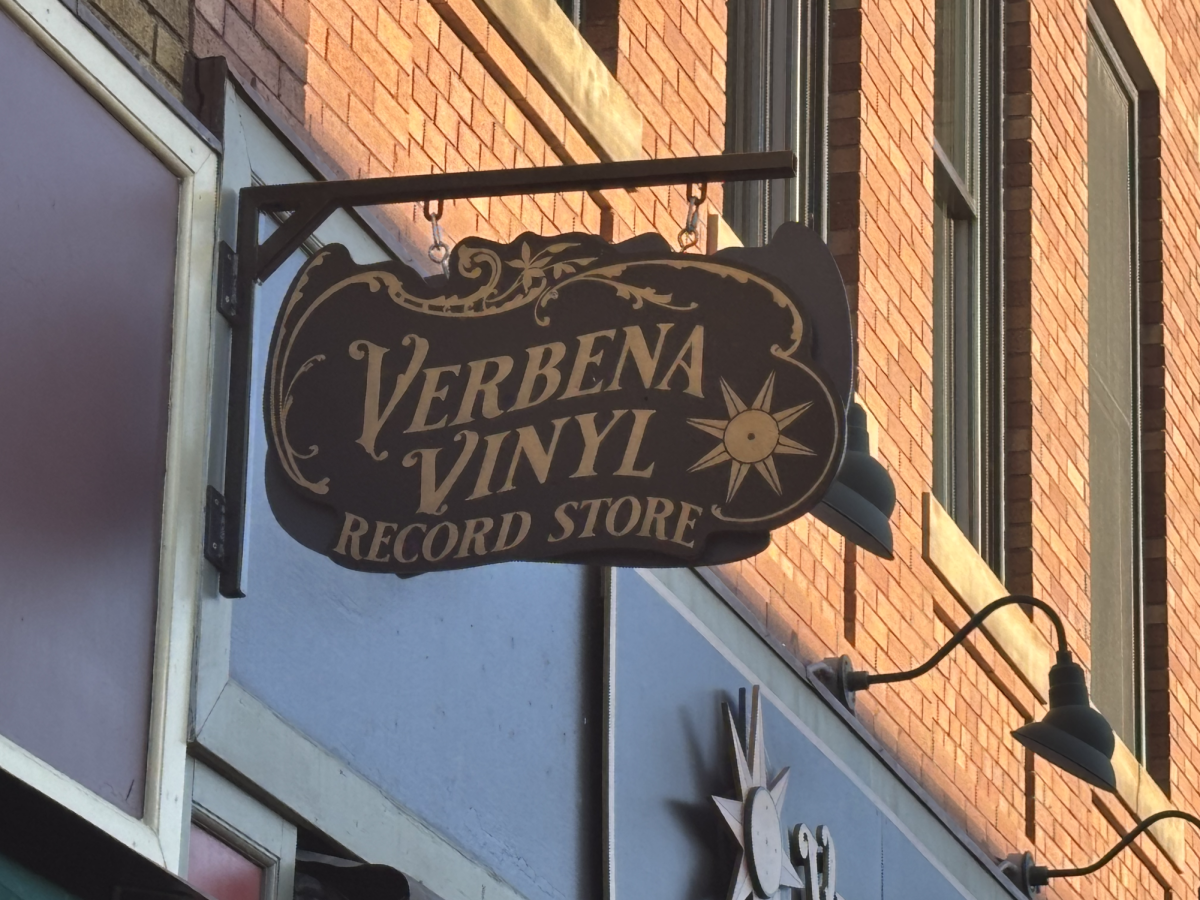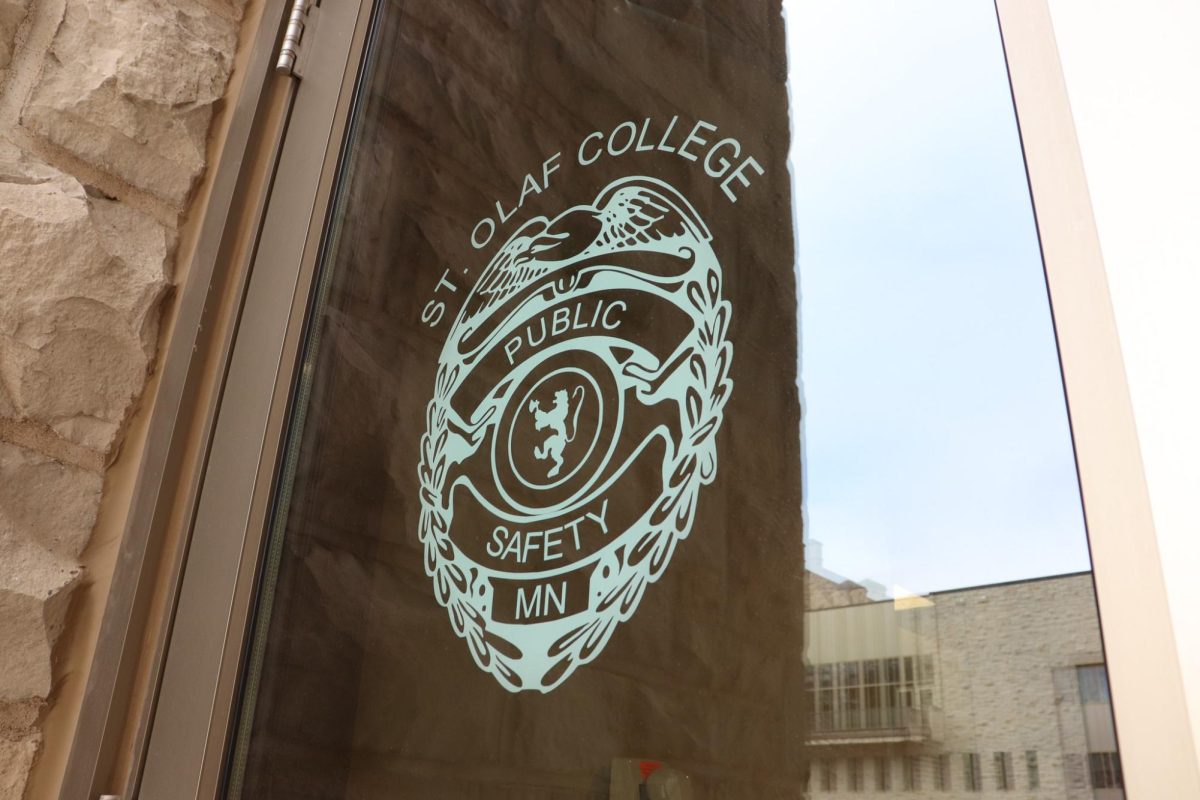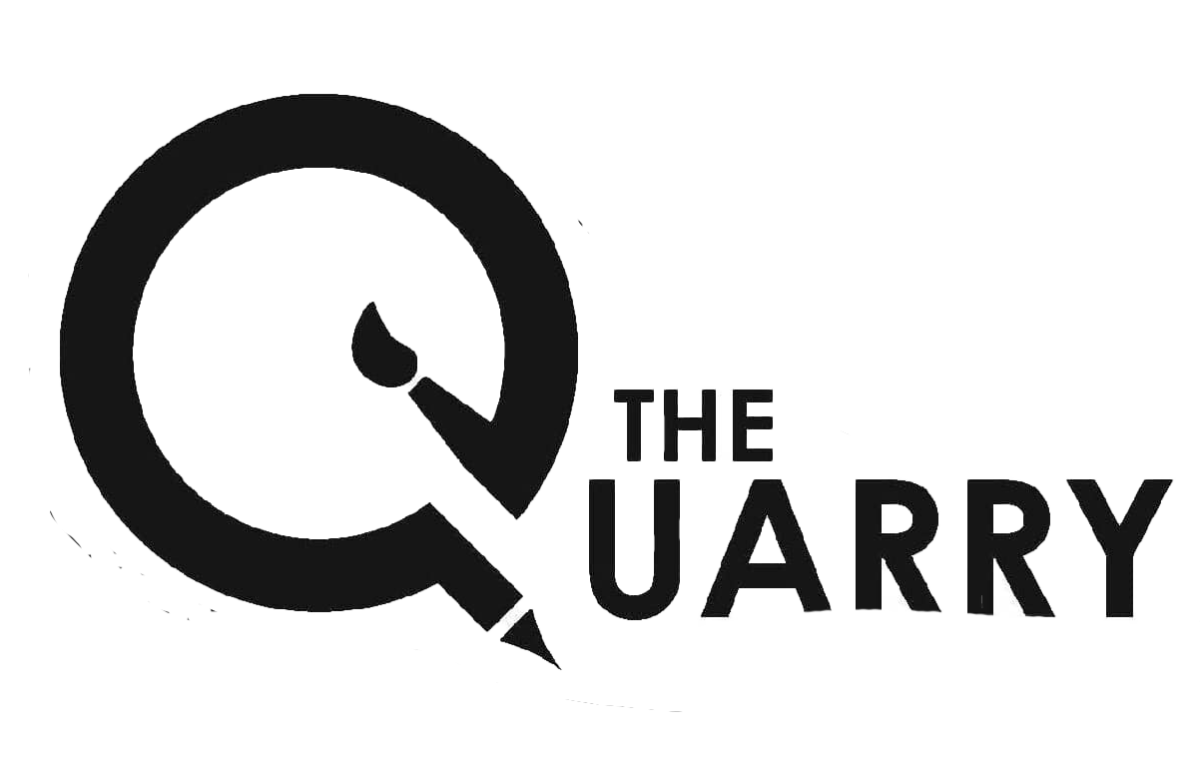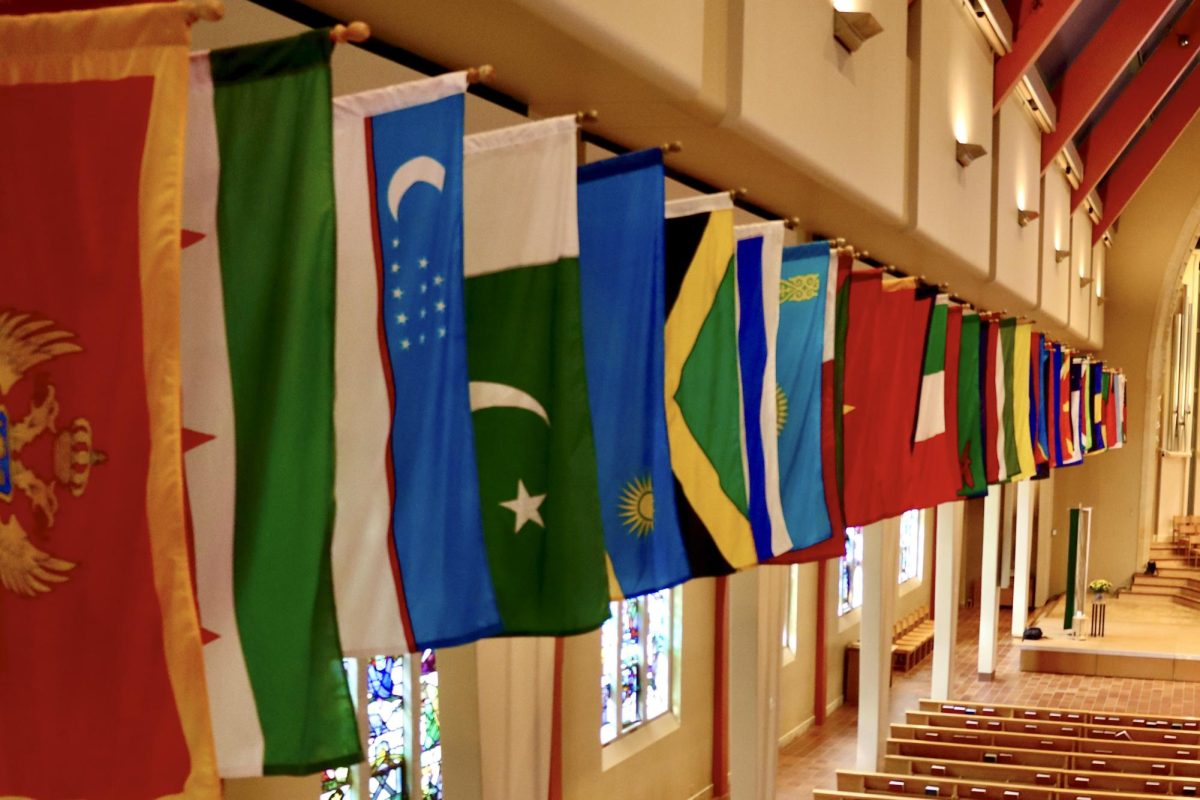On Nov. 8, Northfield residents will head to their polling places and cast their ballots in the 2016 general election, but not all contests get as much publicity as the presidential race. Students at Carleton College hope to help highlight an overlooked but important contest: the mayoral race.
A mayoral debate will take place at 7 p.m. on Wednesday, Nov. 2 in Carleton’s Great Hall. The debate is being organized by Carleton’s Center for Community and Civic Engagement (CCCE) and the Northfield Initiative. CCCE Political Engagement Fellow Peter Bruno describes the CCCE as a “volunteer hub” for the college that “works on everything from tutoring in the elementary schools, to working on programs for people with disabilities in town, to environmental programs.”
The Northfield Initiative is a nonpartisan group that aims to provide voters with candidate profiles and polling information. The group was formed last year and has been growing in membership.
Both mayoral candidates – incumbent mayor Dana Graham and challenger Rhonda Powell – have committed to attending the debate.
“They both replied within a couple hours of us sending an email to them,” Bruno said. “It’s very exciting that they’re very eager to engage with Carleton and other college students in Northfield.”
The debate will be formatted similarly to the candidate forum that Carleton hosted in 2014. Bruno and Northfield Initiative founder and president Nick Cohen were inspired to plan a mayoral debate at Carleton after a congressional candidate town hall meeting they were planning with St. Olaf fell through.
“It goes right to what [the Northfield Initiative’s] mission is, increasing voter turnout and giving people the resources they need to feel comfortable engaging in our democratic system,” Cohen said. “At a political leaders lunch that Peter organized, I brought up this idea of a mayoral debate and Peter told me that he had been thinking the same things, and that’s kind of how this collaboration started.”
Though it doesn’t mirror the polarization of the presidential race, the mayoral race is still quite heated.
“So there’s a lot of tensions on city council right now … and there’s been a lot of dysfunction on that panel, so that’s why there is a lot of tension in this race,” Bruno said.
One differentiating aspect of mayoral races is that mayoral candidates cannot declare partisanship. Therefore, it’s impossible to vote along party lines when casting a vote for mayor.
“I think it gets less black and white at the local level in particular because these candidates are not partisan,” Cohen said. “They’re not allowed to declare in favor of any party, not even the major parties … obviously, everybody has their personal leanings and that informs their policy choices, but on the ballot, it won’t say ‘D,’ ‘R,’ as it will for [Hillary] Clinton and [Donald] Trump.”
The debate format is inspired by the town hall meetings put on by Northfield’s League of Women Voters. Each candidate will give a five minute opening statement, followed by a 40 minute question period. All questions will be submitted by students and Northfield community members in advance, and Carleton student moderators will select the questions that most pertain to Northfield. The audience is welcome to submit questions prior to the debate as well, and the moderators will sort through those as the debate progresses. It will end with three minute closing statements from each candidate.
Cohen stressed that Northfield’s League of Women Voters has been very helpful during the planning of this debate.
“A representative from the League came to conduct the moderator training, so the people who will be moderating are trained and understand the rules and guidelines that the League puts forward,” Cohen said.
Debate questions can be sent to [email protected], [email protected] or [email protected].
Election day is Tuesday, Nov. 8.
